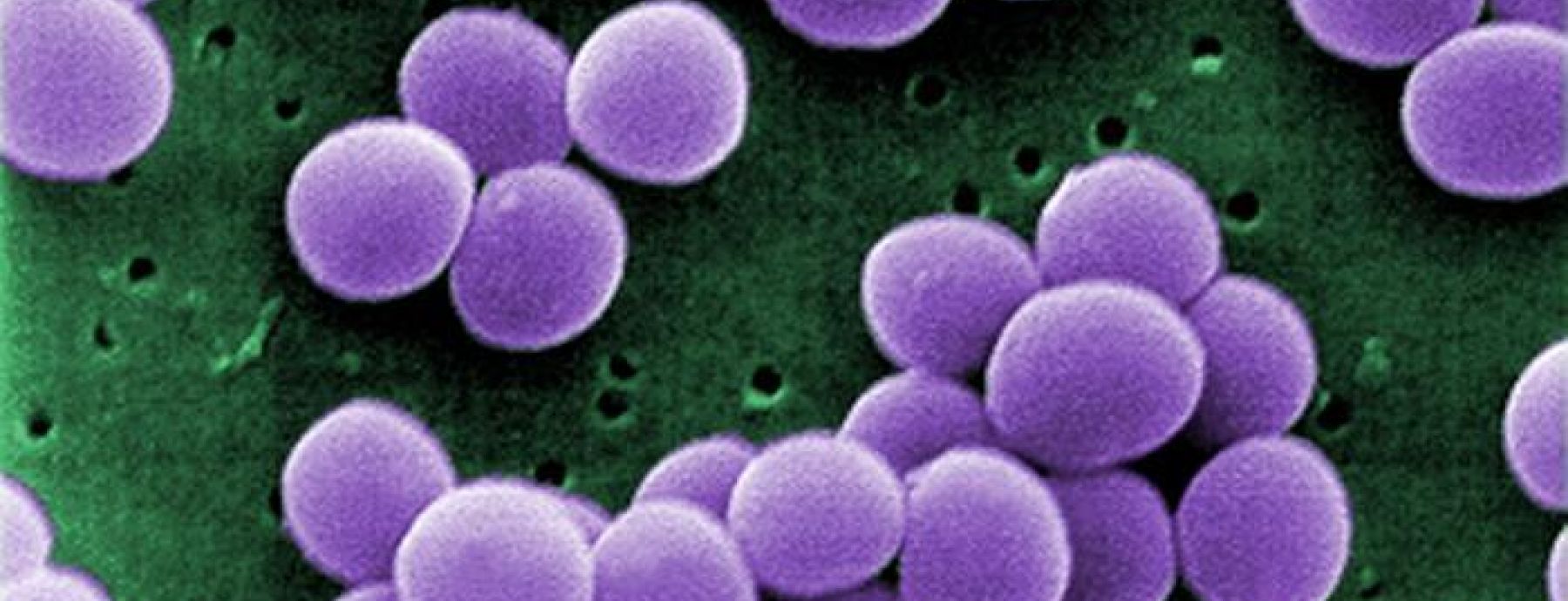Aggressive drug regimens are widely used as the standard protocol to treat many human diseases, such as tuberculosis and malaria, in the hopes that these therapies will cure the patient and prevent further spread to other individuals. In collaboration with Troy Day of Queen's University, CIDD professor Andrew Read and post-doctoral researcher Silvie Huijben discuss the importance of research focused on determining the most effective course of drug treatment that would also help prevent the evolution of drug resistance. Many drug strategies assume that overloading the patient with chemotherapeutic agents will kill all of the invading pathogen, but do not give enough consideration to the fact that spontaneous drug resistant mutants can and do arise. These mutants can outcompete those pathogens that are susceptible to the drug and can go on to cause drug-resistant infections. Using malaria as an example, the authors address the selection of drug-resistant strains as a result of aggressive drug treatments. Malaria therapeutics commonly become ineffective after a short period of time due to drug resistance, making it a complicated parasite to treat in areas of the world such as Africa and Asia that are heavily afflicted by this parasite.
Although this manuscript does not suggest a rapid alteration in current drug protocol, it does call attention to the ever present problem of drug resistance and suggests that it is possible that patients should only be treated long enough for their immune system to take over the task of clearing the invading pathogen. Furthermore, the authors emphasize the development of future therapeutic strategies that may be effective at treating individual patients while also slowing or preventing pathogen evolution towards drug resistance, such as lower drug doses or shorter treatment times.
Synopsis written by Alexia Karanikas
Written By: Read AF, Day T, & Huijben S
Paper Url: http://www.pnas.org/content/early/2011/06/13/1100299108.abstract
Paper Id: 10.1073/pnas.1100299108
